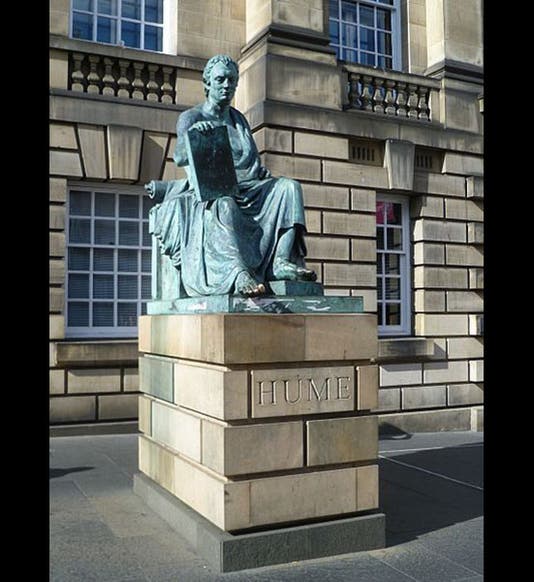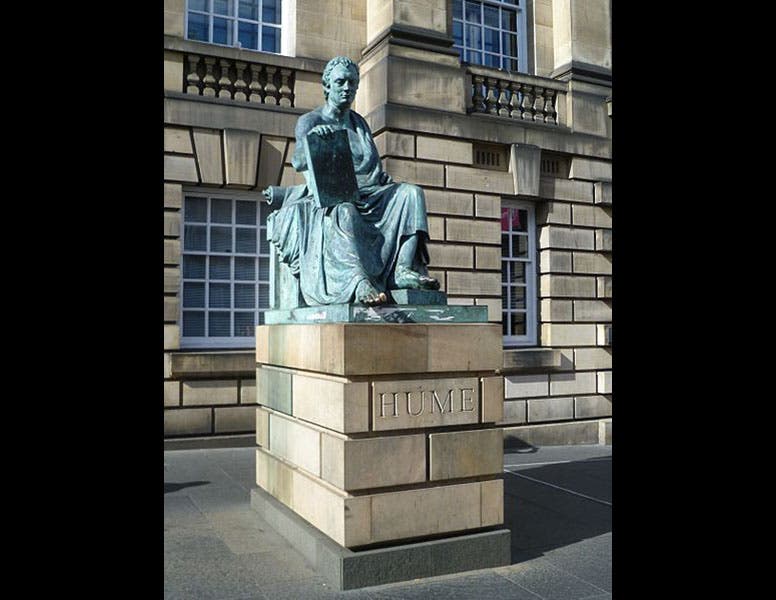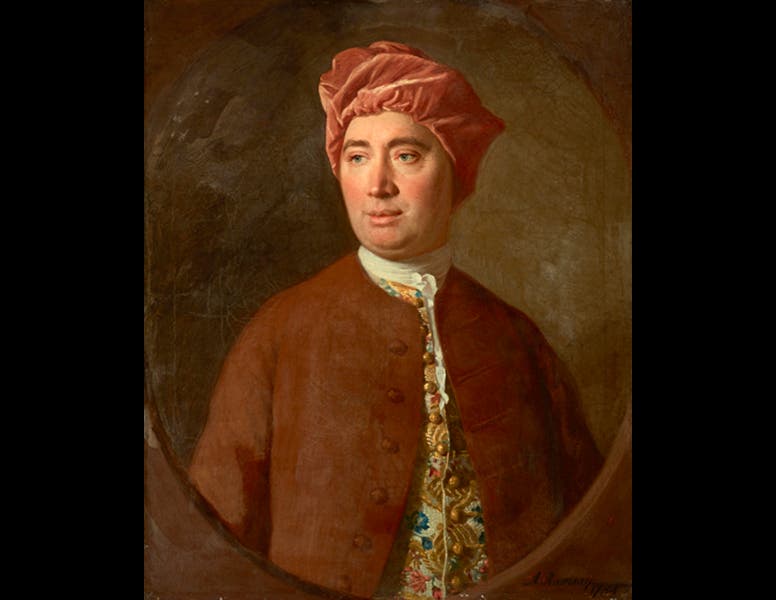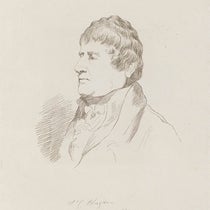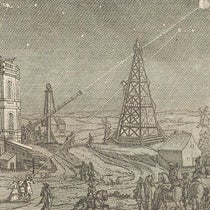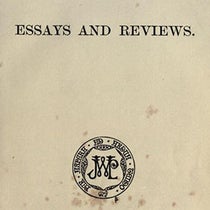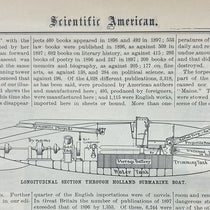Scientist of the Day - David Hume
David Hume, a Scottish philosopher, was born May 7, 1711. Hume’s A Treatise of Human Nature (1739-40) and An Enquiry Concerning Human Understanding (1748) are not explicitly about natural philosophy, but he had a great deal to say about our attempts to understand and explain the workings of the world. He greatly admired the work of Isaac Newton and Robert Boyle, especially the way they uncovered new phenomena and new laws of nature. But Hume had no use for their postulated entities, such as atoms or forces. Science, for Hume, should concern itself with gathering empirical information and establishing relationships between things. Discussing causes or invoking hypothetical entities was not only unwarranted, but impossible to justify. We can never know causes in nature with any degree of certainly; all we can do is notice that when A occurs, B usually follows. To say that A causes B is to state a conclusion we can never demonstrate.
Hume is sometimes identified as the first positivist, since in the 19th century an entire school arose, called positivism, that took a similar stance, looking for effects and eschewing claims about causes. Hume is more commonly labeled an empiricist, because of his opposition to the rationalism of philosophers such as Descartes and Leibniz.
In his Dialogues concerning Natural Religion (1779), Hume addressed the fashionable "design argument," which maintained that one could learn about the wisdom and attributes of God by studying nature. In the Dialogues, Philo, the spokesman for Hume, points out that trying to learn about God by studying the world is impossible because we have only the one world, and thus no standard for comparison. For all we know, this world might be faulty and imperfect, "the first rude essay of some infant Deity" and later abandoned, or the work of some "superannuated Deity," who died, leaving the world to run on all by itself with no direction at all. This was one of the earliest and most clever attacks on Intelligent Design, and was considered by Hume’s friends to be so risky that it was not published until three years after Hume's death, and even then, the publisher declined to put his name on the title page. For all its ingenuity, the book did not have much impact on English natural religion; William Paley's Natural Theology was published in 1802, and it was so popular that booksellers could hardly keep it on the shelves, even though it went through repeated editions. Charles Darwin, who would make war on Paley and the design argument, made a note on Sep. 23, 1839 that he should read Hume's book, but there is no indication that he ever did.
Hume had such antipathy to organized religion and "monkish habits" that he could never get an academic position, and when he died, guards had to be posted at his grave to prevent vandalism from the local populace, outraged at Hume’s supposed atheism. There is a statue of Hume, looking more rationalist that he would have liked, in Edinburgh’s Old Town (first image). And there is a portrait, by David Ramsay, in the National Galleries of Scotland (second image). We have no works by Hume in the Library.
Dr. William B. Ashworth, Jr., Consultant for the History of Science, Linda Hall Library and Associate Professor, Department of History, University of Missouri-Kansas City. Comments or corrections are welcome; please direct to ashworthw@umkc.edu.

